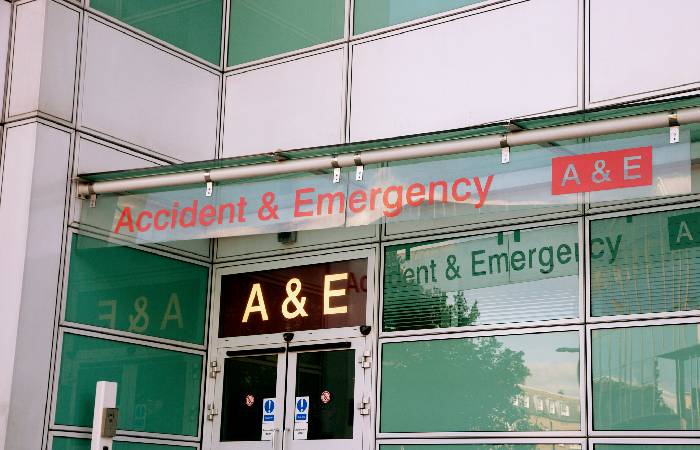Calls to ‘turbo charge’ pharmacy services as hours wasted in A&E
In Health & NHS
Follow this topic
Bookmark
Record learning outcomes
Community pharmacy leaders have warned that patients are spending at least 6 million hours in A&E each year with conditions that could be treated in local pharmacies, costing the NHS up to £215 million annually.
New analysis from the National Pharmacy Association (NPA), based on NHS England data, found that in 2023/24, hundreds of thousands of patients attended A&E for minor ailments such as sore throats, blocked noses, acne and eczema – conditions that can be better managed in pharmacy, the trade body says.
The data shows that in 2023/24, 325,000 people visited A&E with a sore throat or cold, costing the NHS £44m. A further 18,000 patients attended A&E with infected insect bites and 196,000 with urinary tract infections.
The NPA is urging the Government to use the upcoming NHS 10 Year Plan to “turbo charge” the role of pharmacy by expanding Pharmacy First services, improving NHS 111 signposting and investing in wider public awareness campaigns to shift patient behaviour.
“This would be more convenient for patients, who could be treated in minutes on their doorstep,” said NPA chief executive Henry Gregg. “It would also save substantial time and money in one of the busiest parts of our NHS.”
The NPA also called for an expanded Pharmacy First offering, aligning more closely with the Scottish model, including treatment of constipation, diarrhoea and bacterial skin infections.
Freeing up A&E capacity could support the Government’s target to reduce four-hour wait times and improve outcomes for acutely unwell patients, the NPA said.
Responding to the NPA analysis, Malcolm Harrison, CCA chief executive, said that Pharmacy First has been “hugely successful”, with over 3.5 million people receiving NHS urgent care treatment in a pharmacy since the service launched last year.
“People attend A&E for a huge variety of reasons, and ... those who could be treated elsewhere should be, including at their local community pharmacy. To maximise the benefits of Pharmacy First, the service should be expanded to include new conditions and incorporate independent prescribing.”
An expanded Pharmacy First service could free up over 40 million GP appointments every year, he added.

